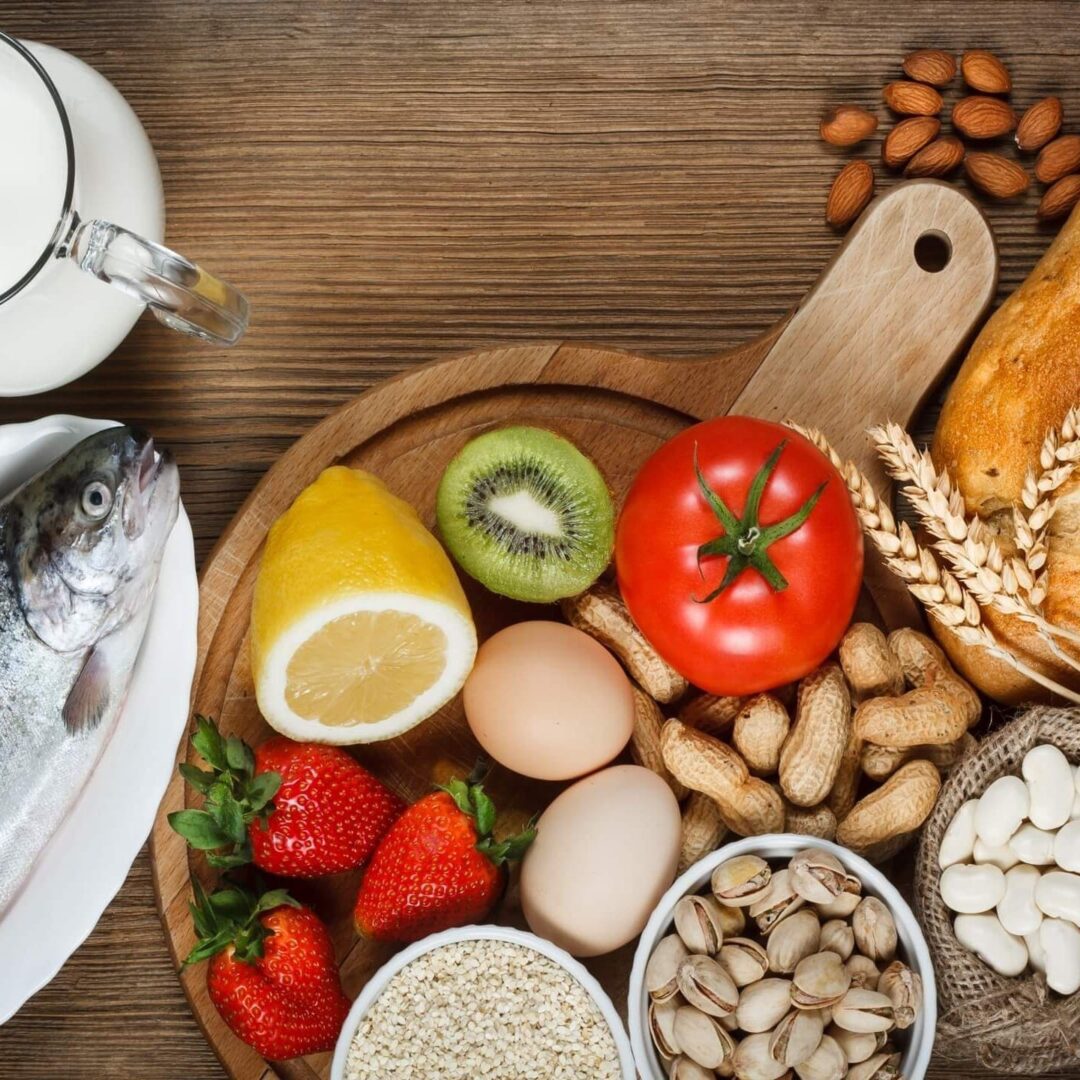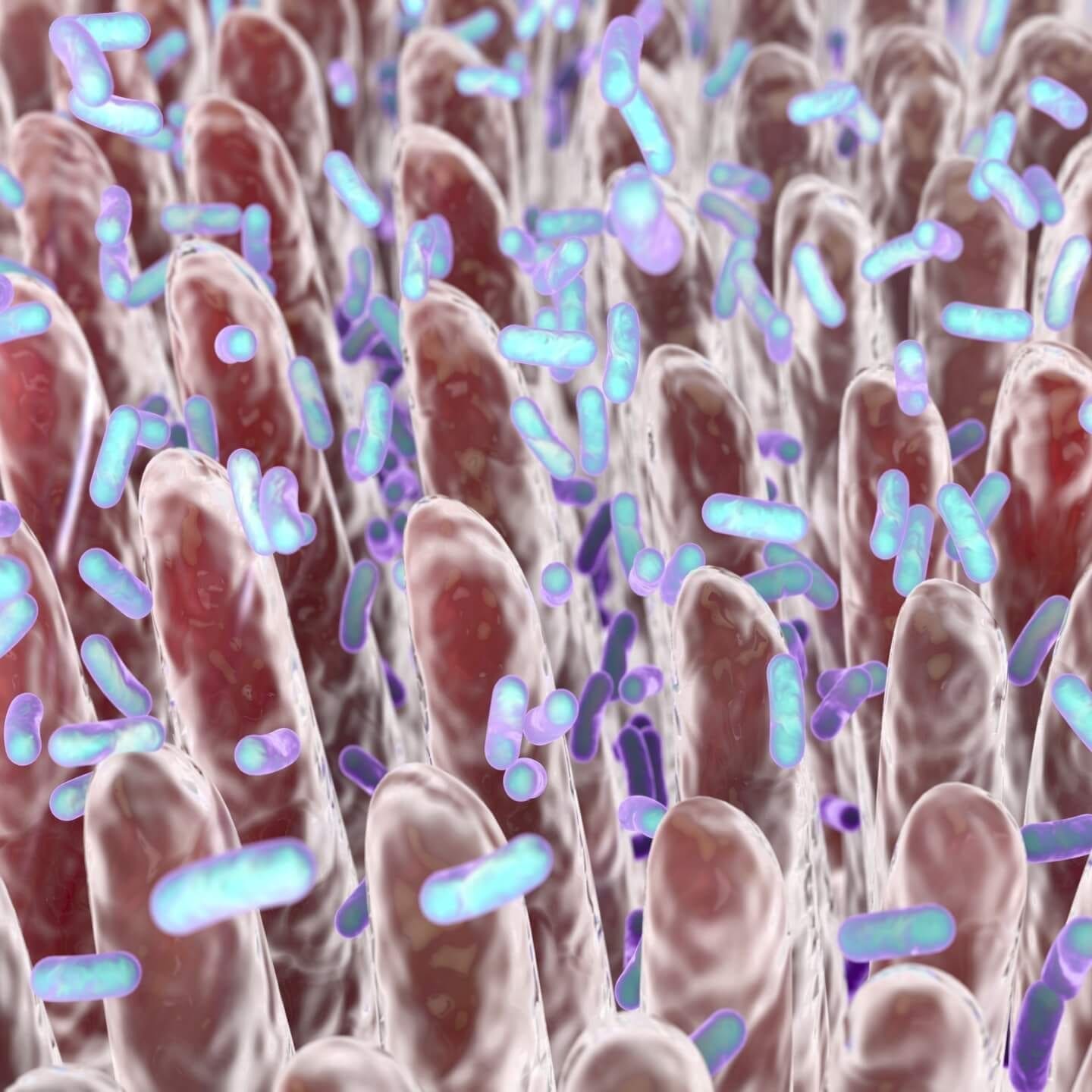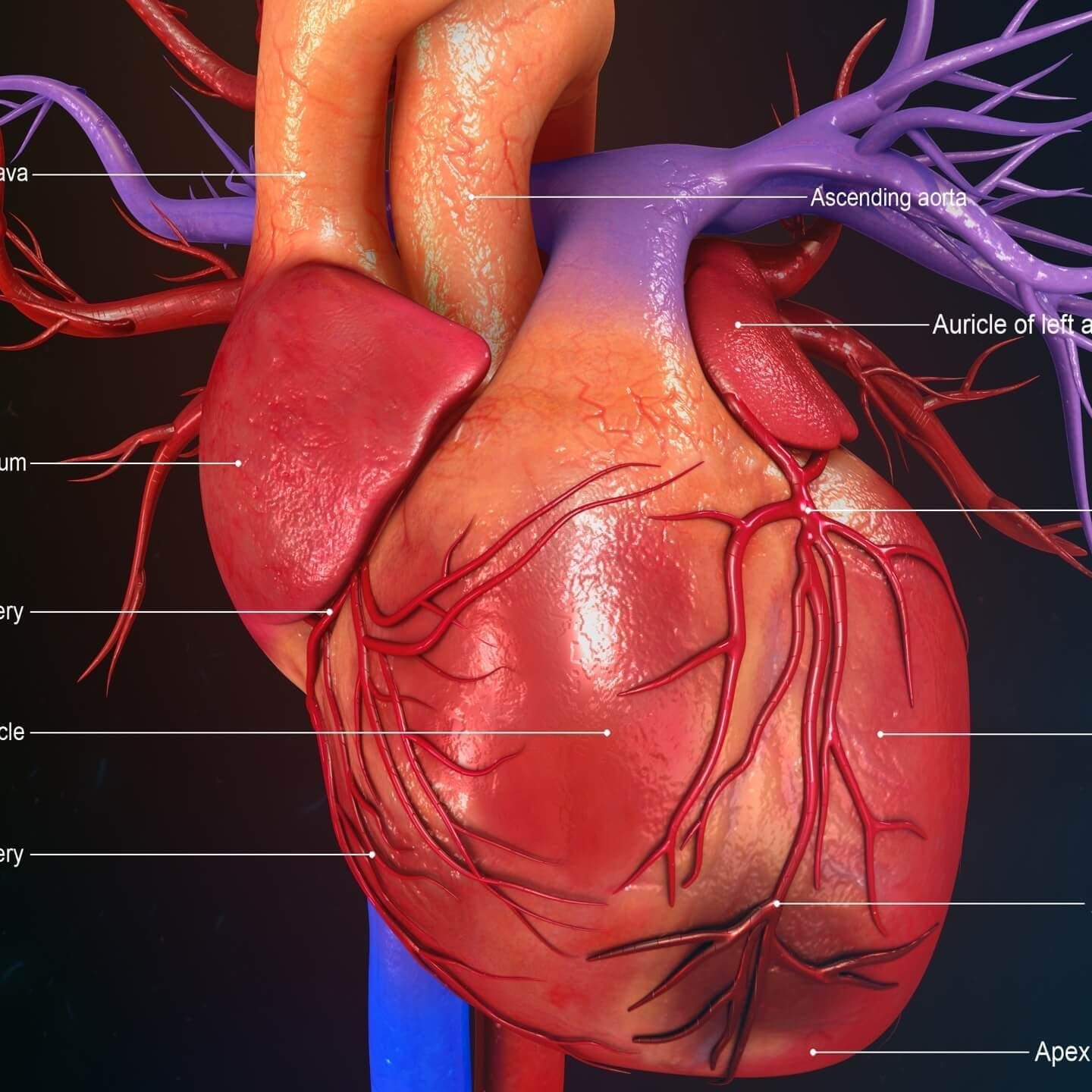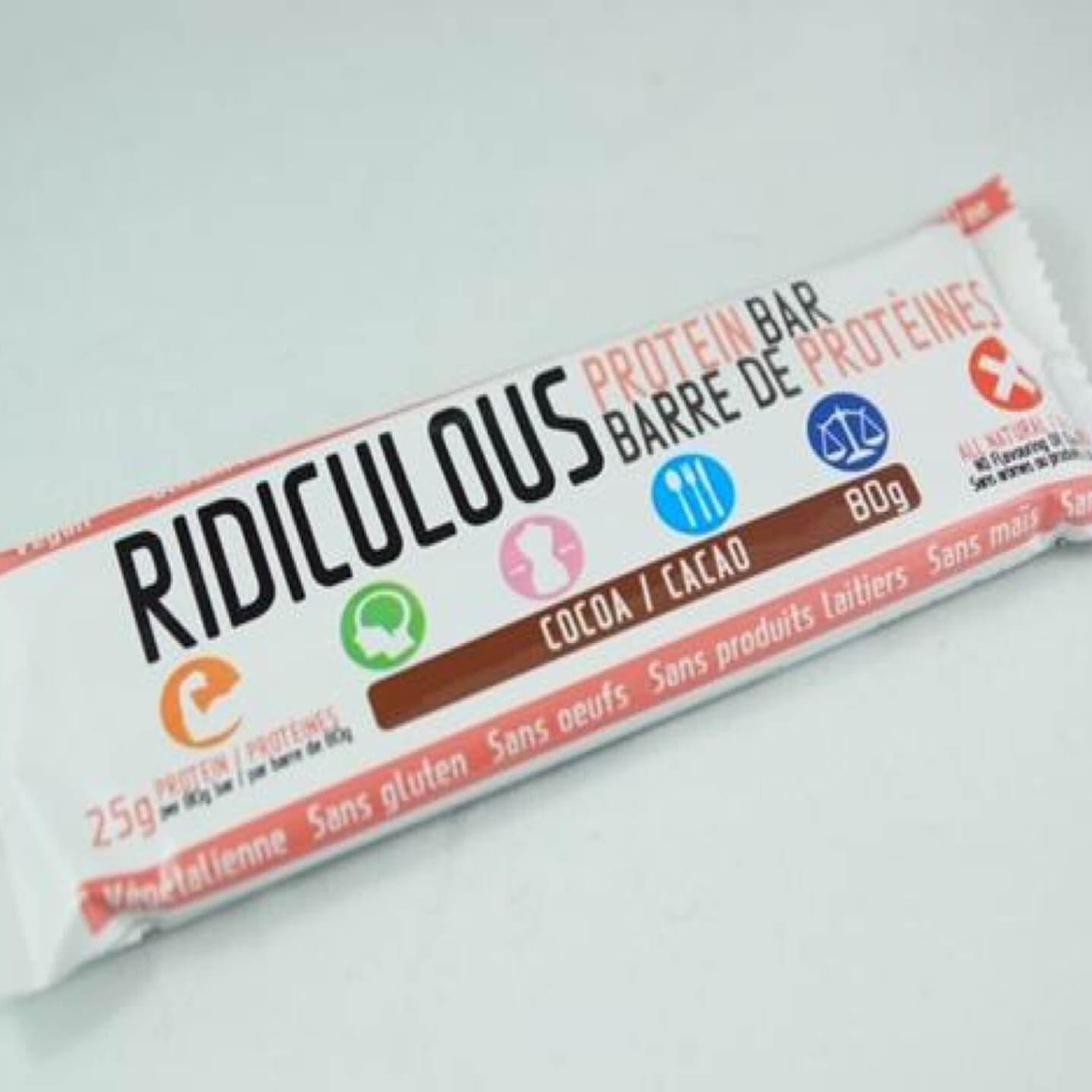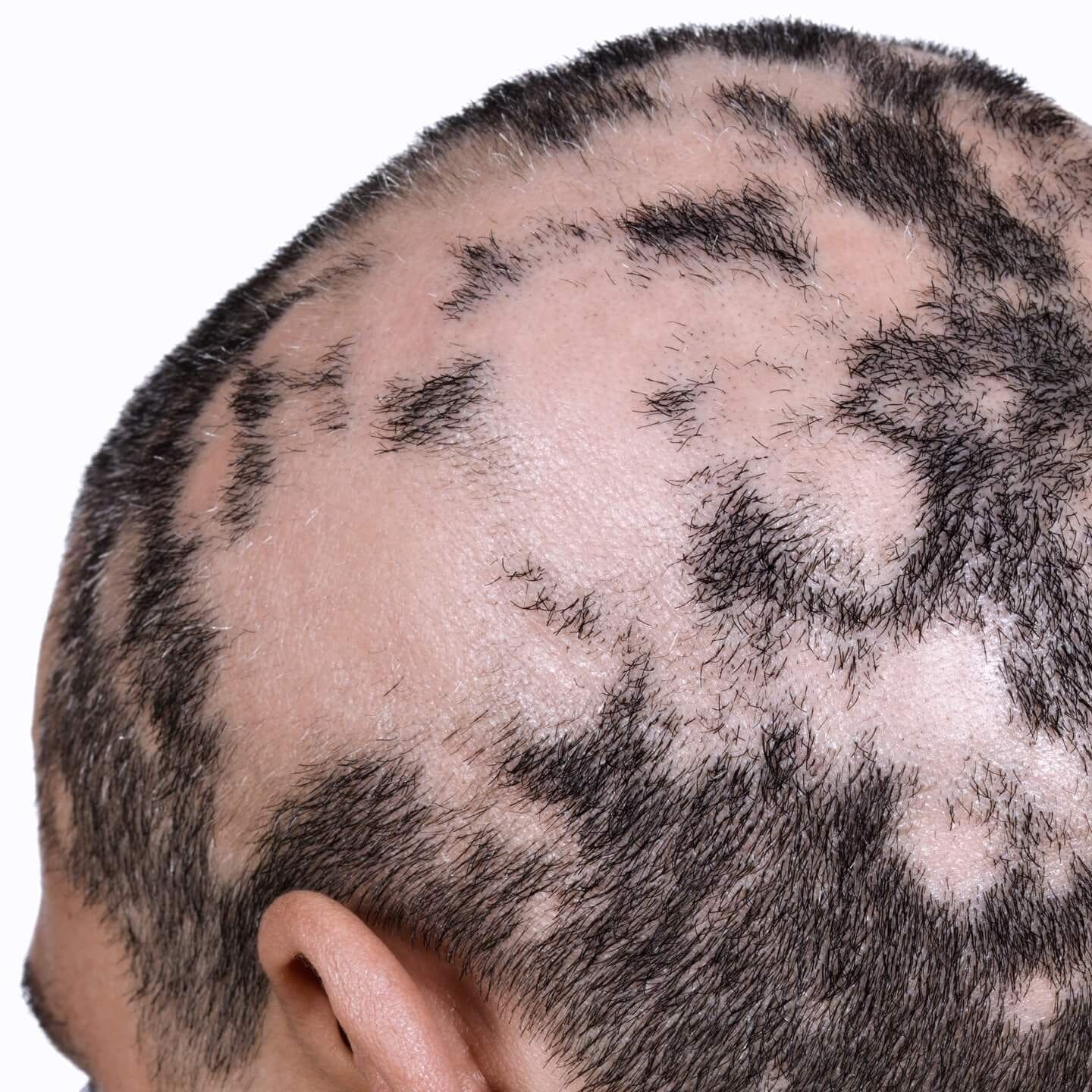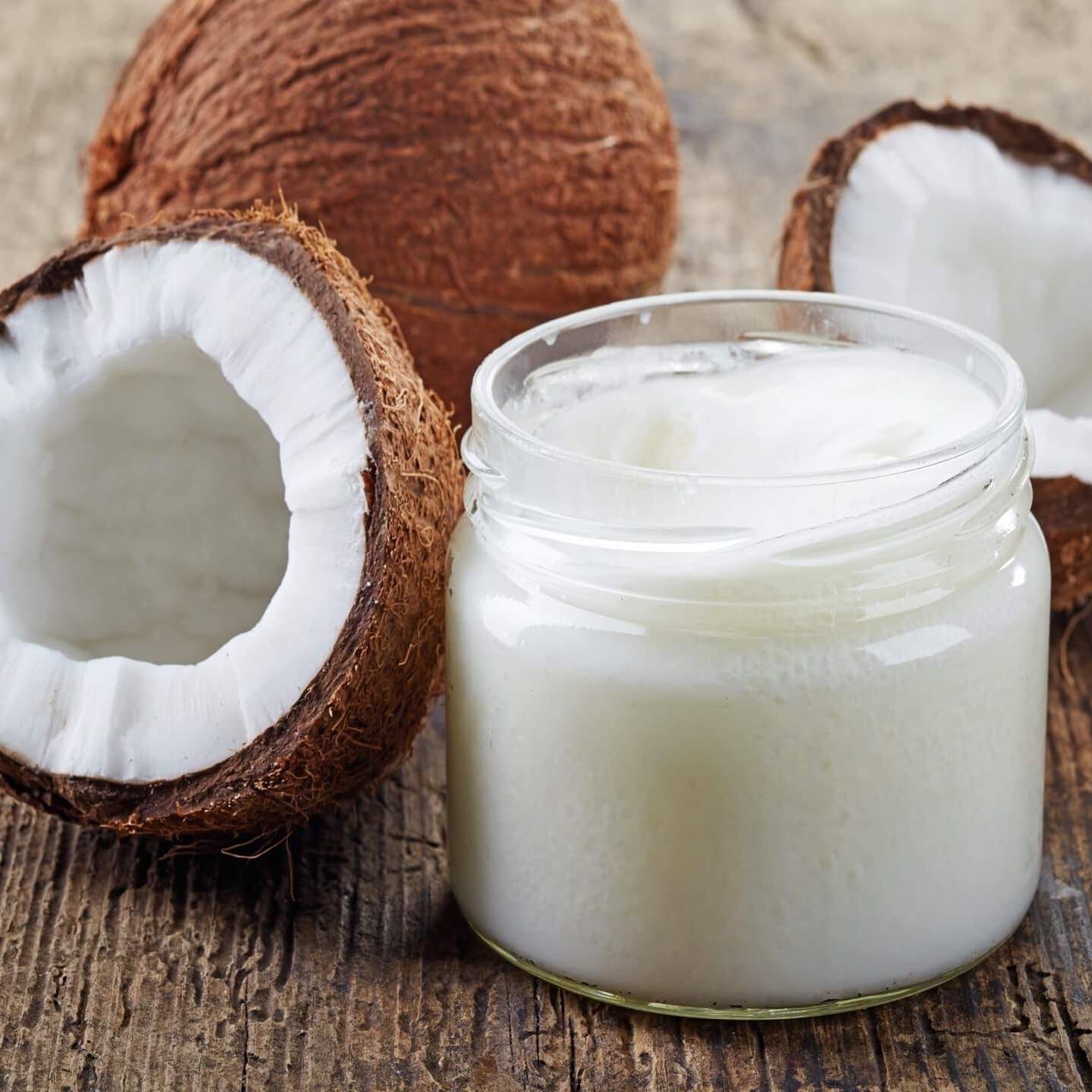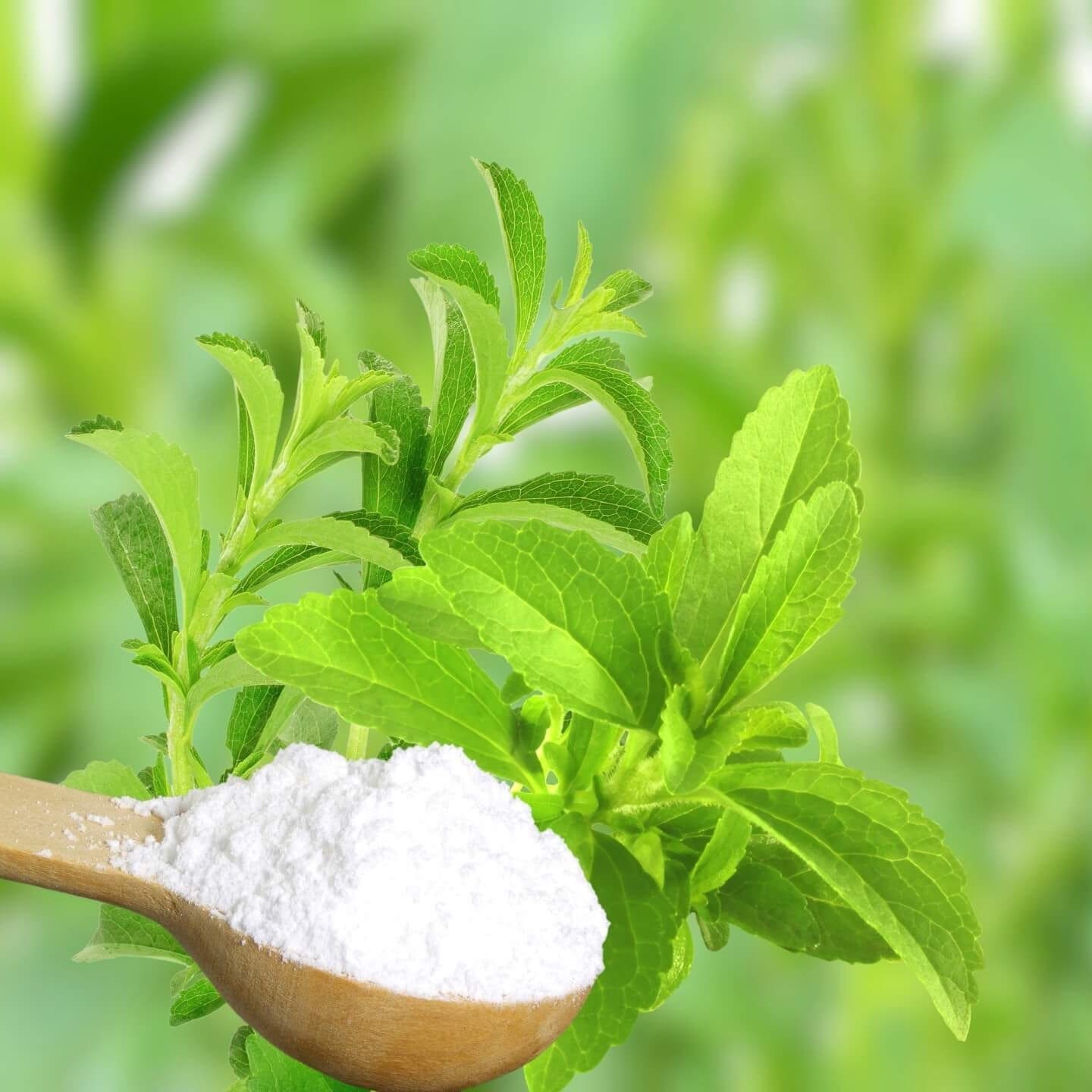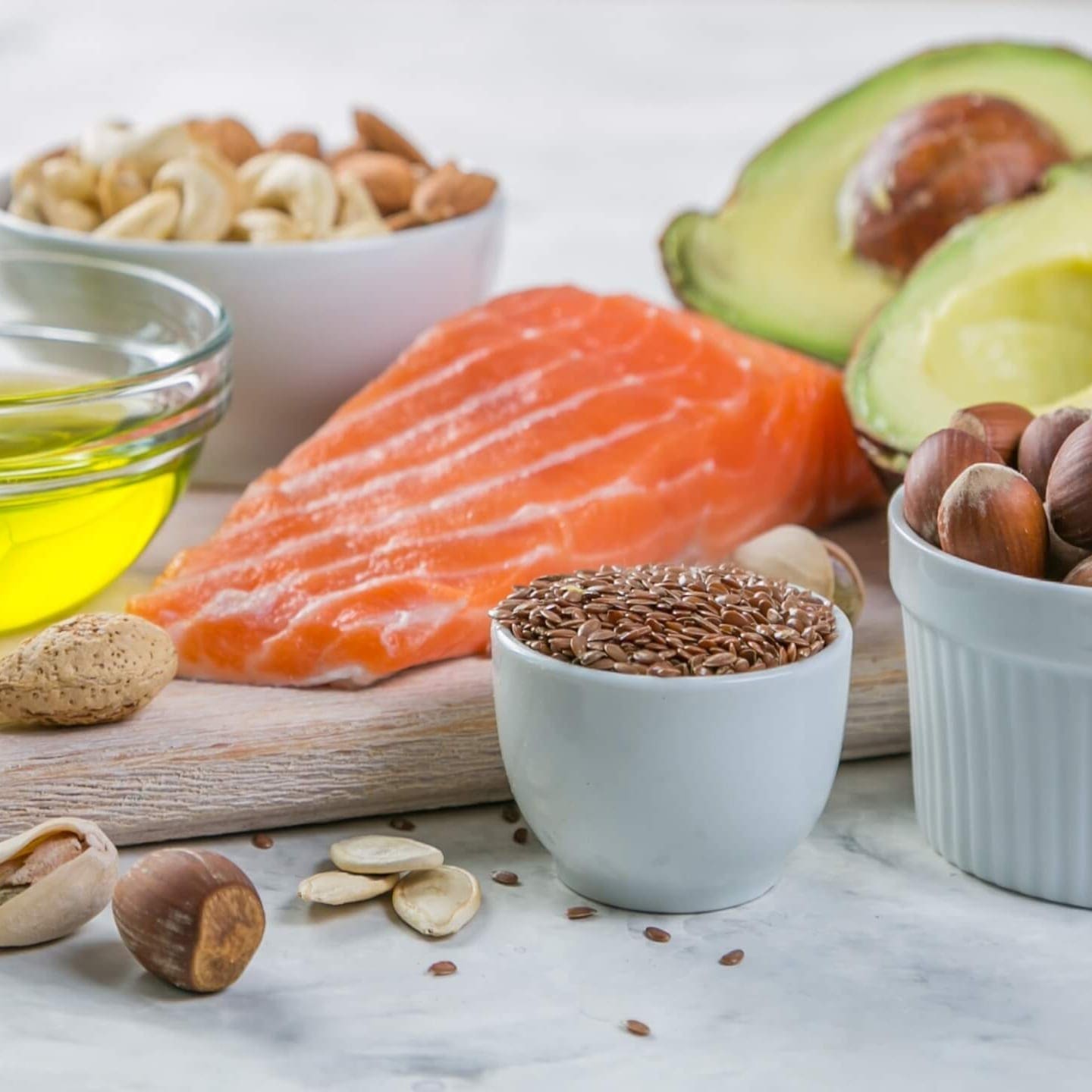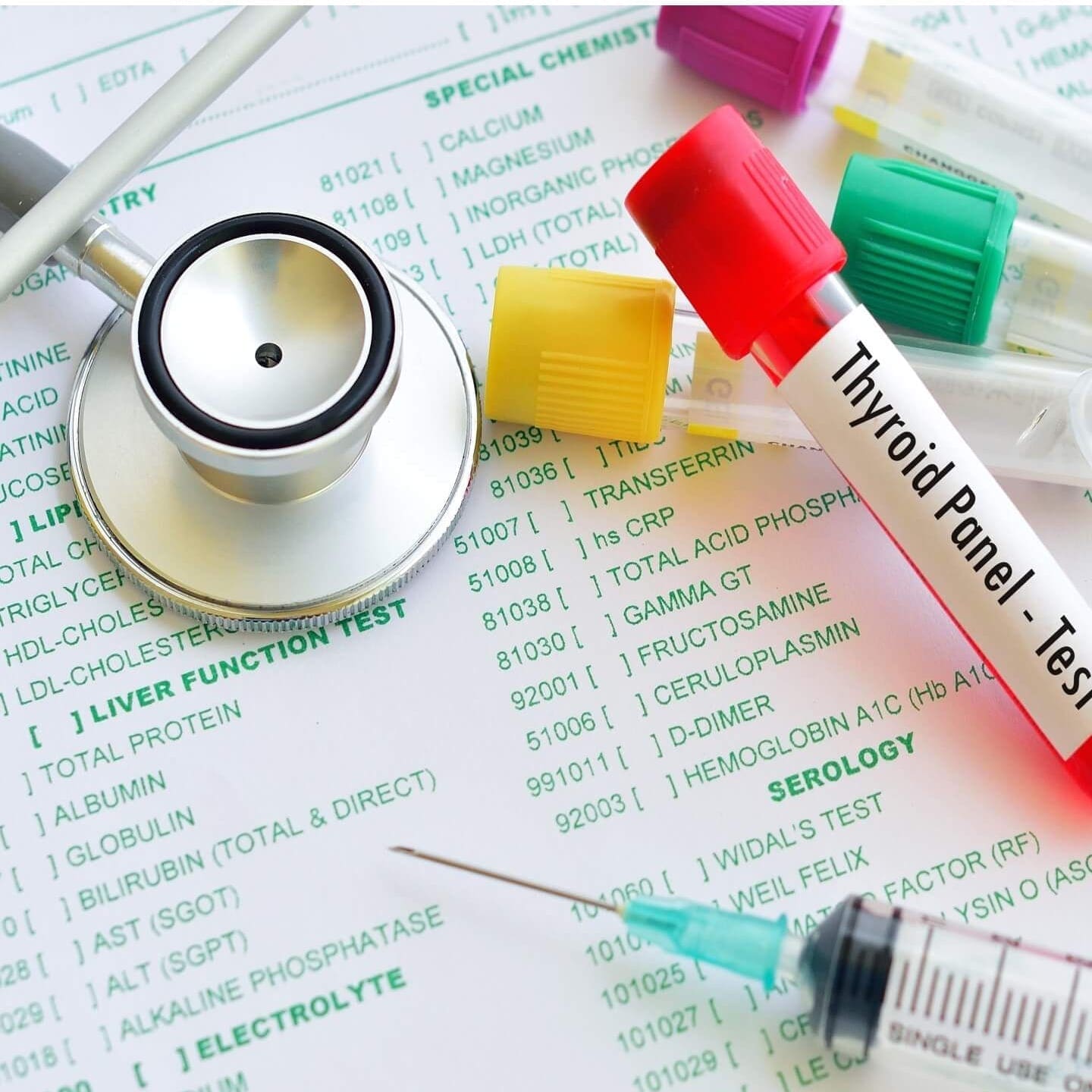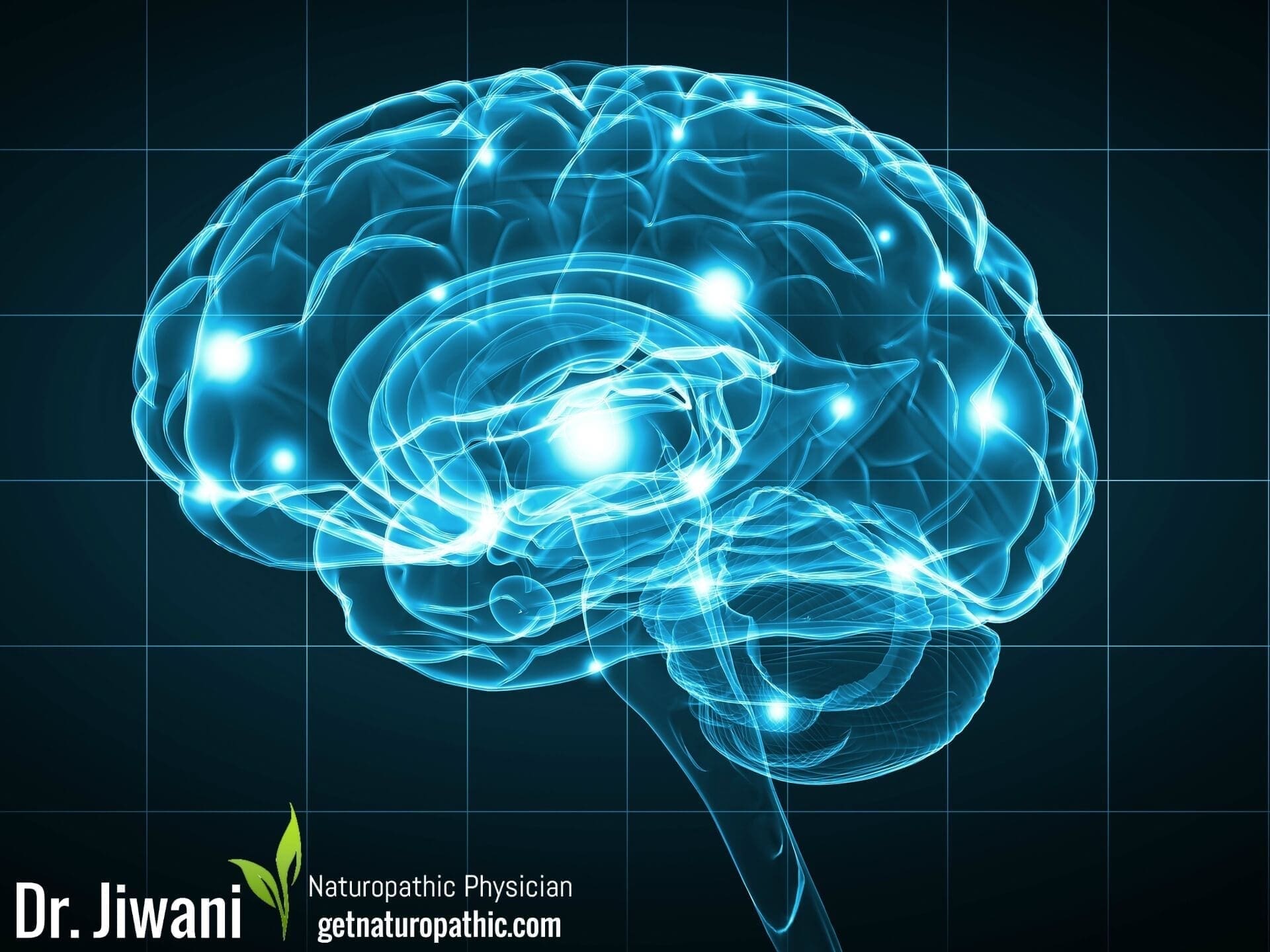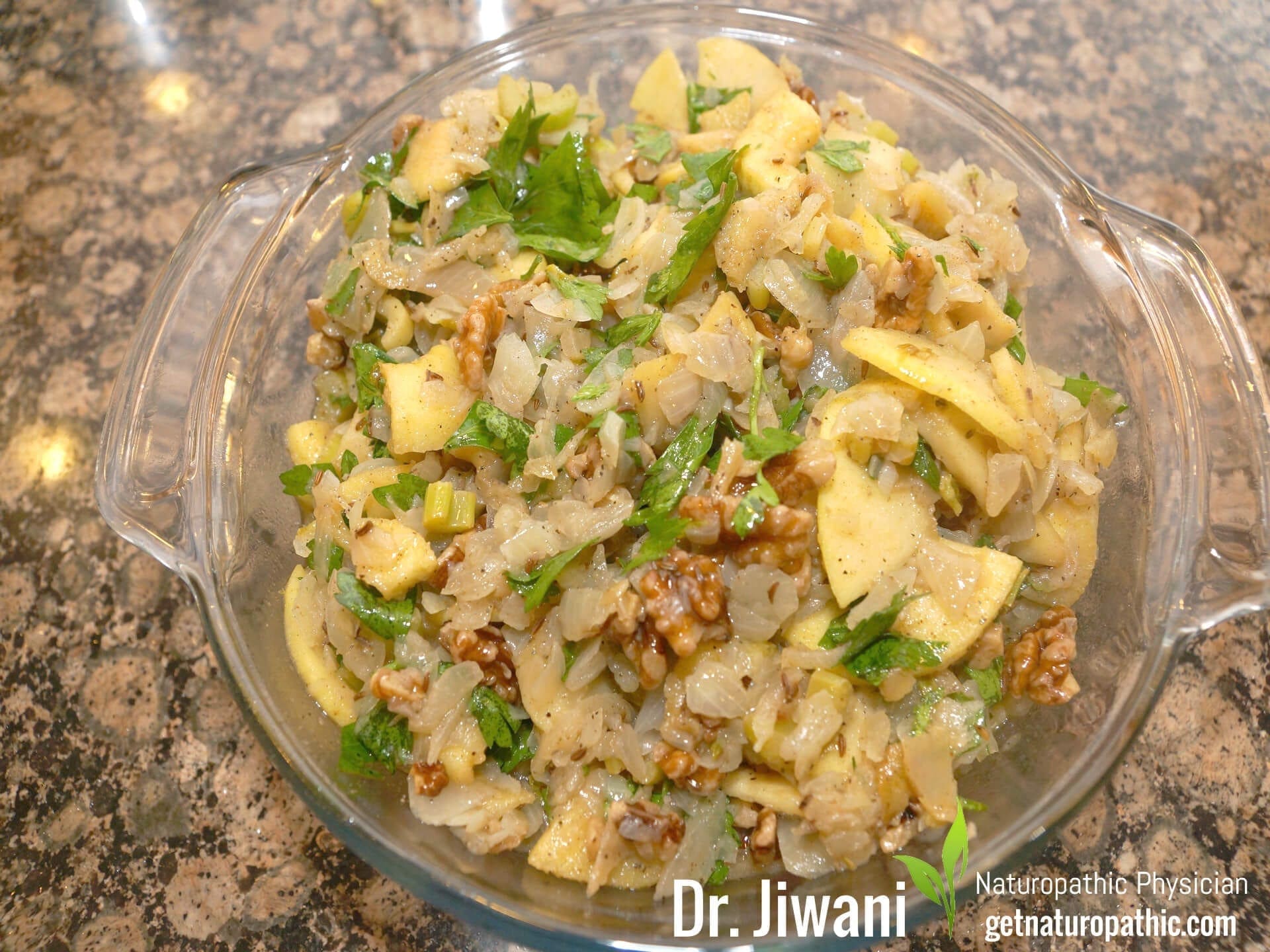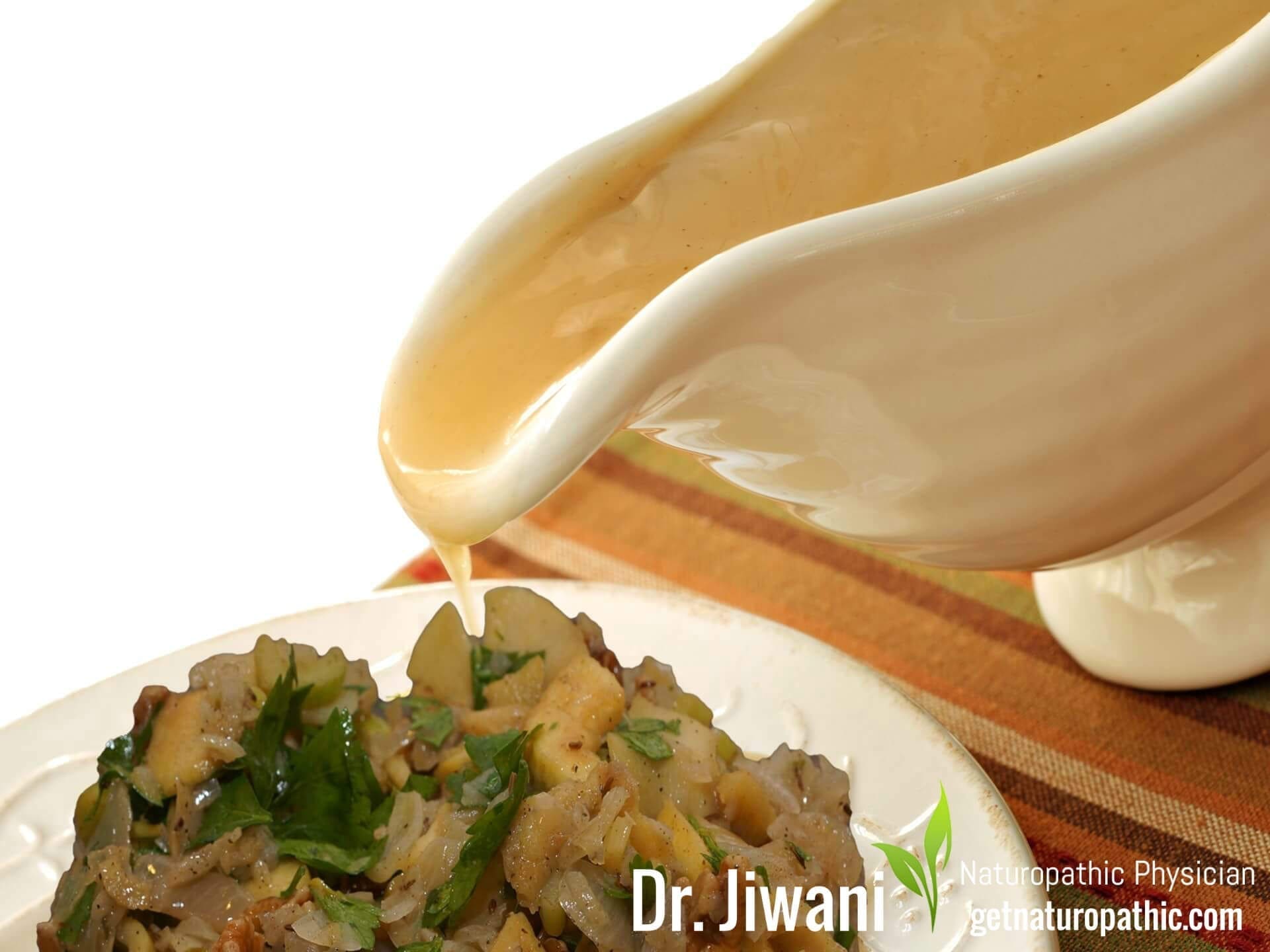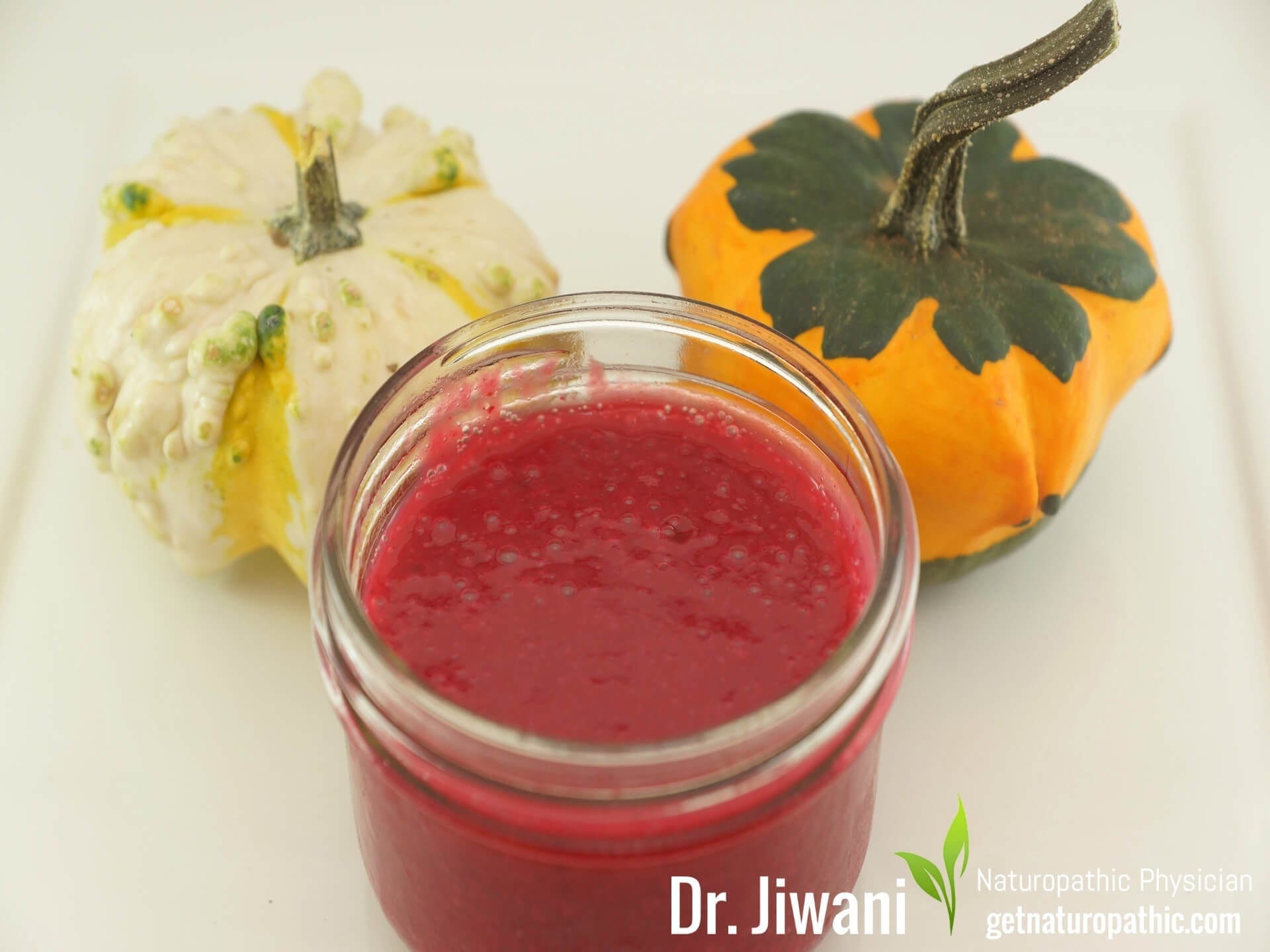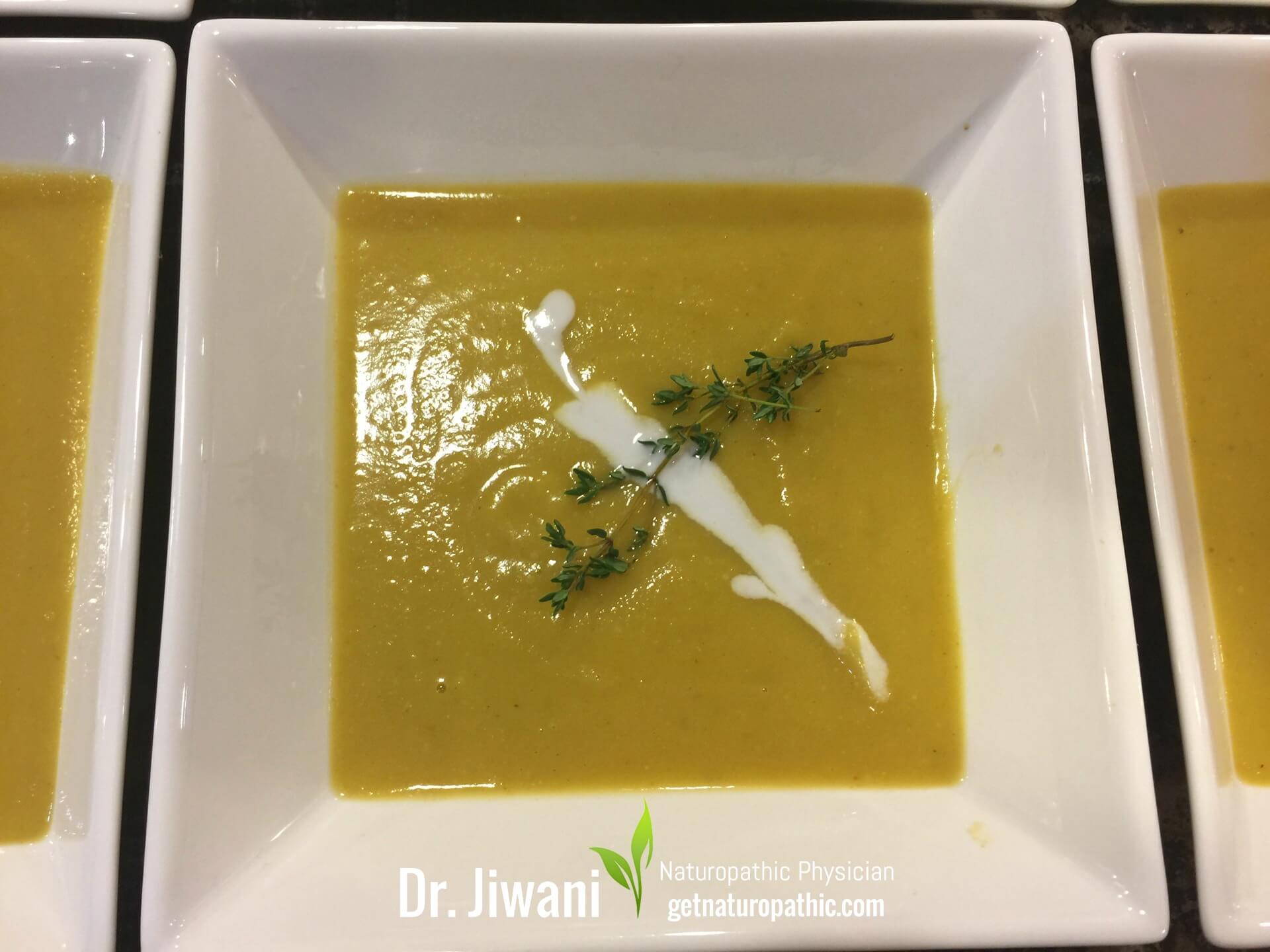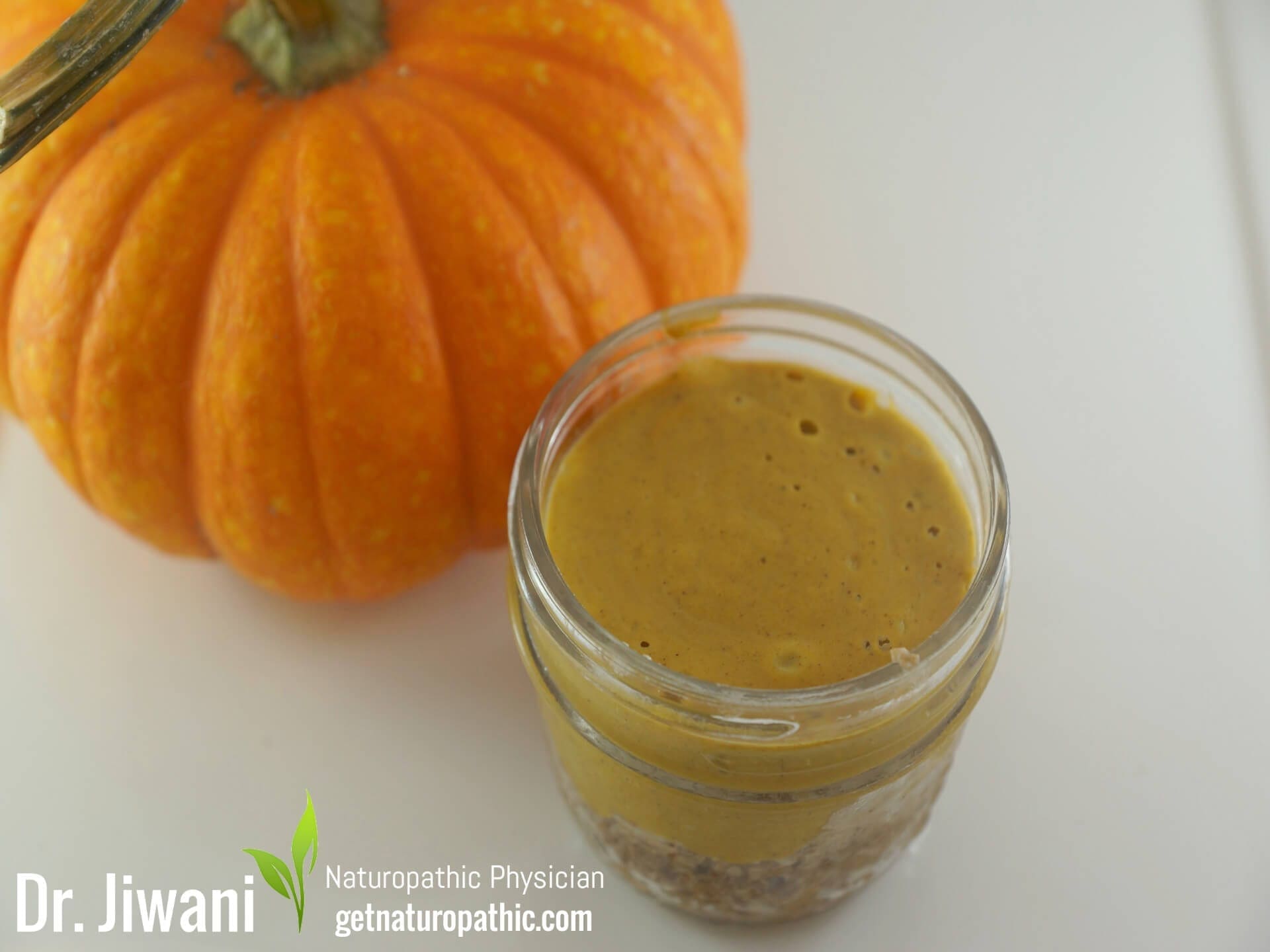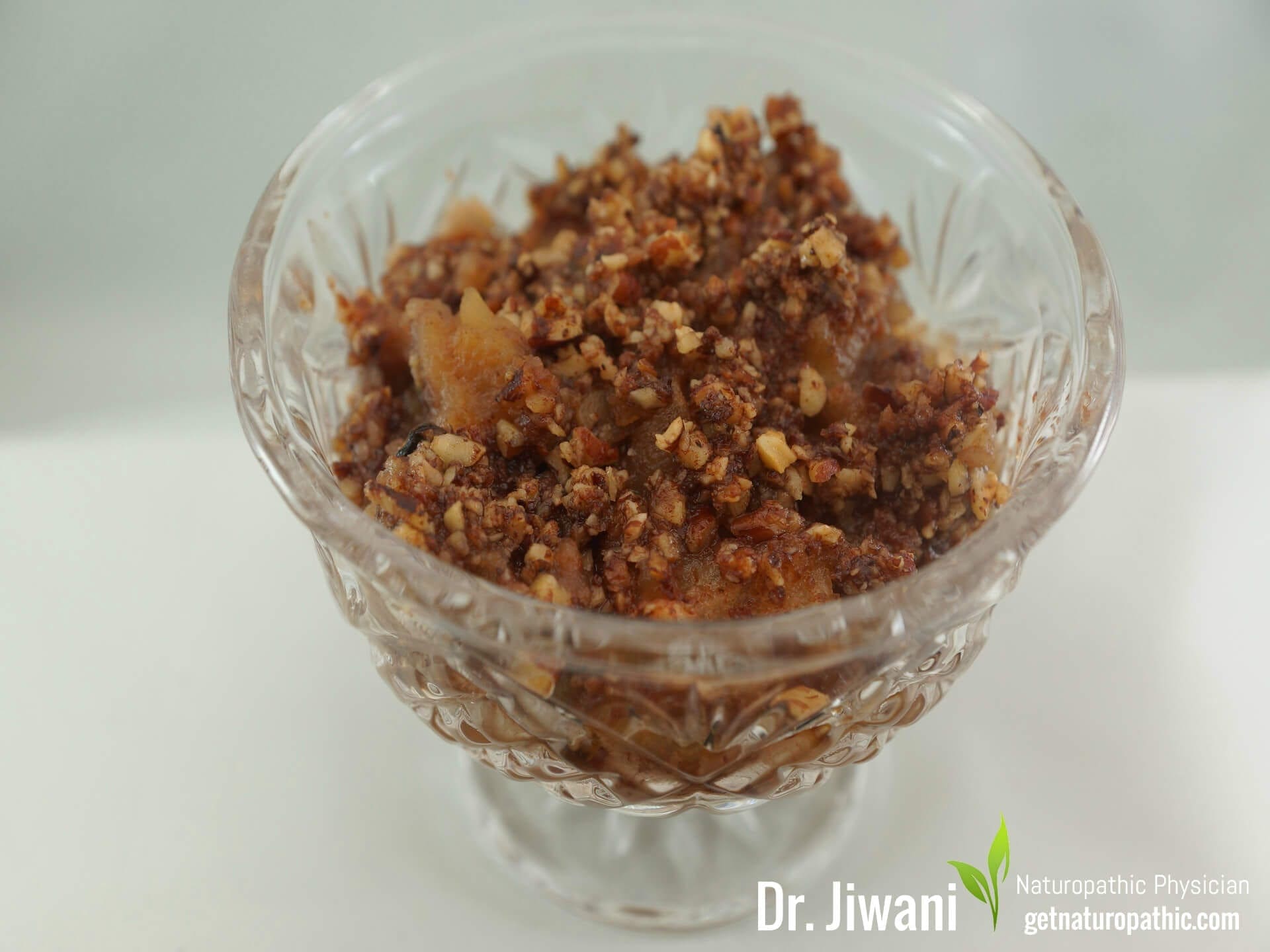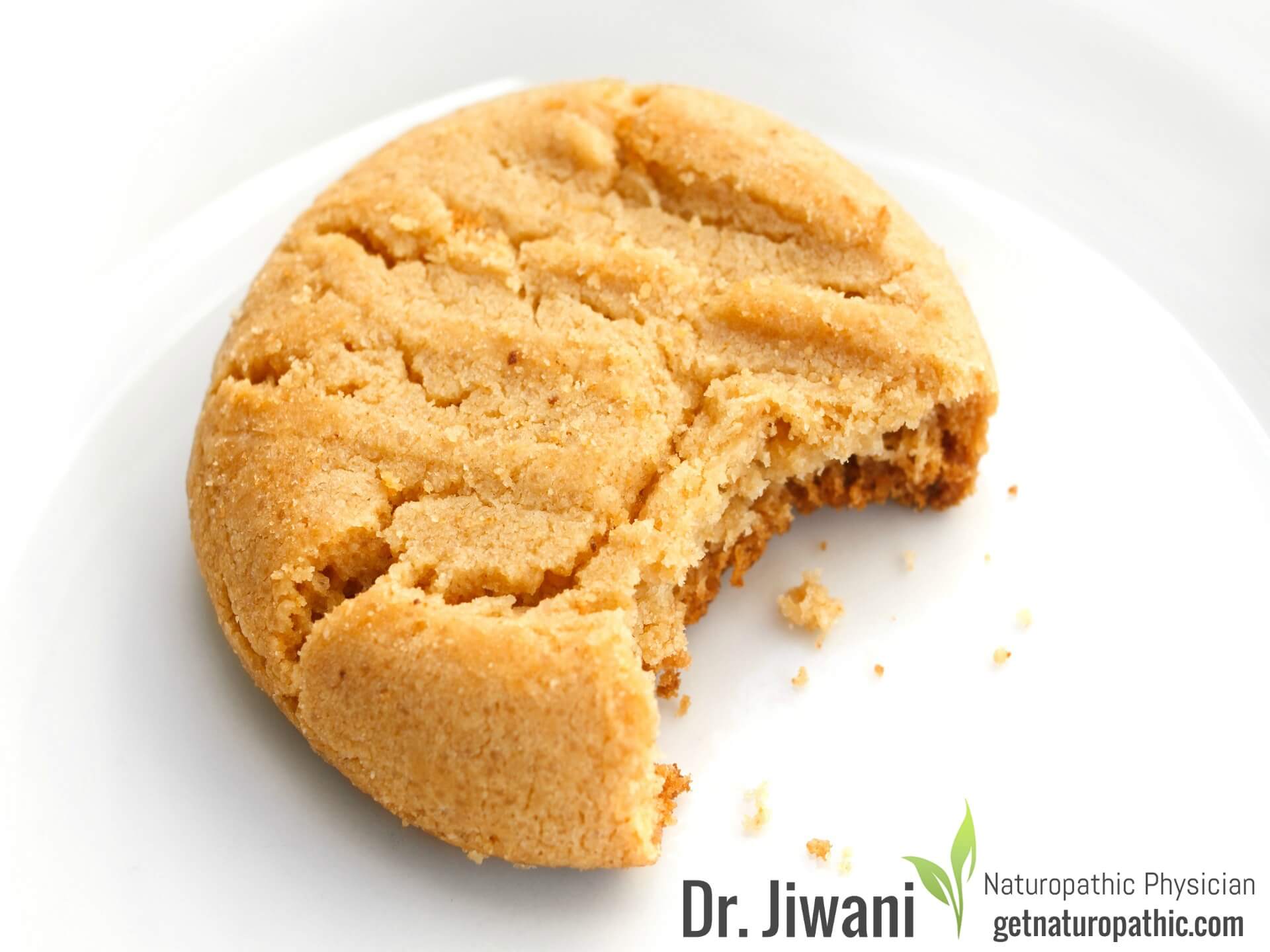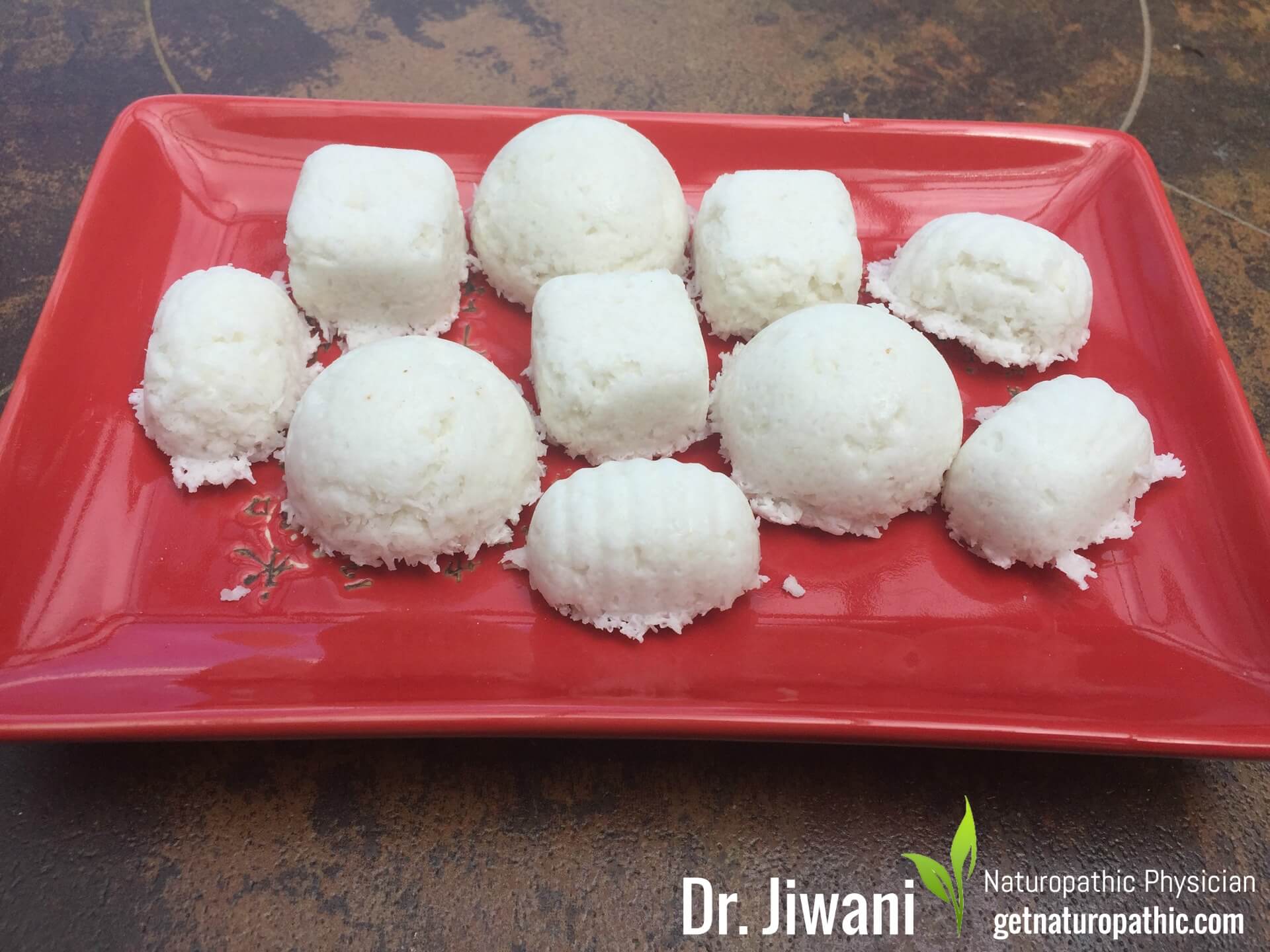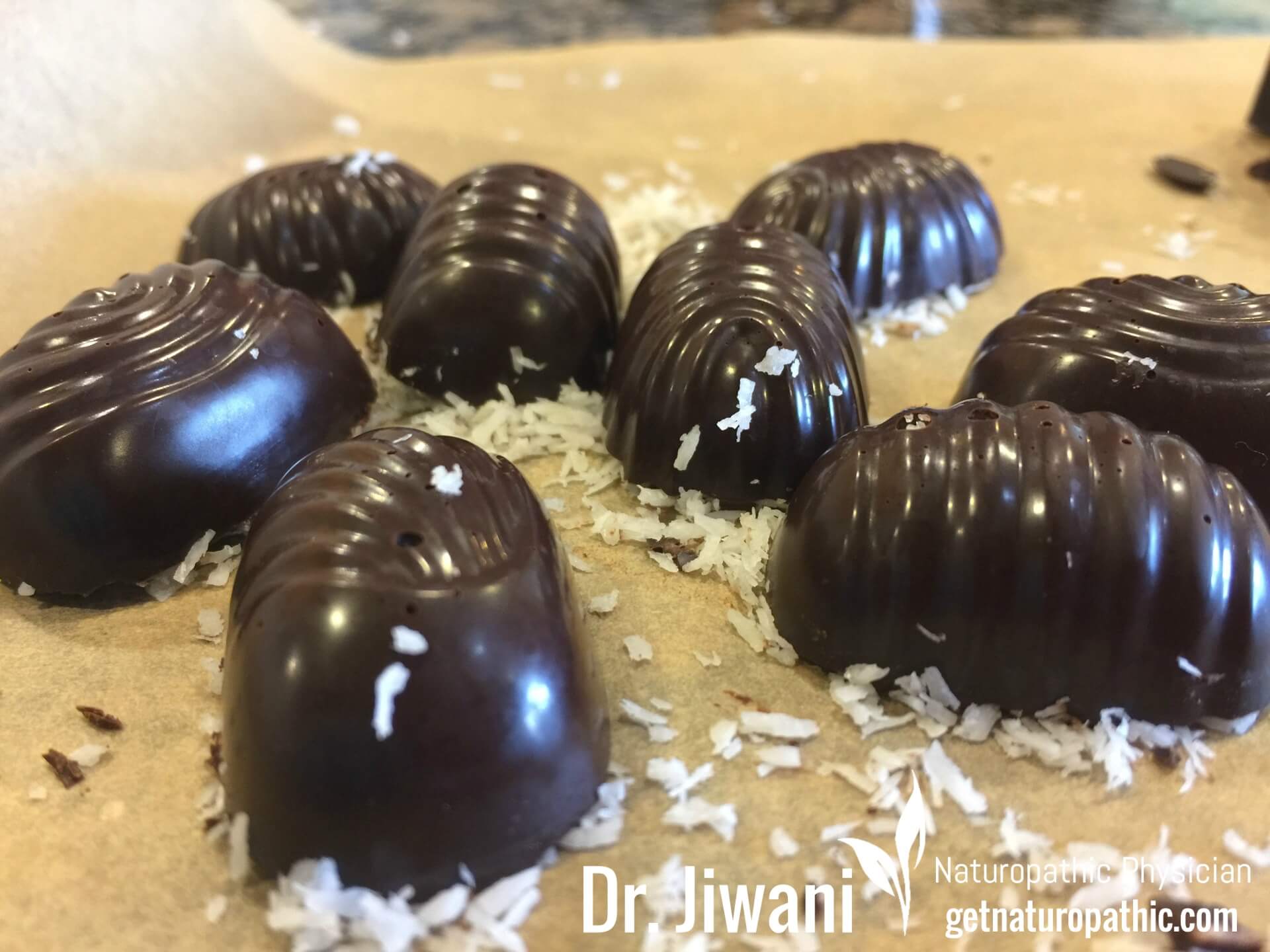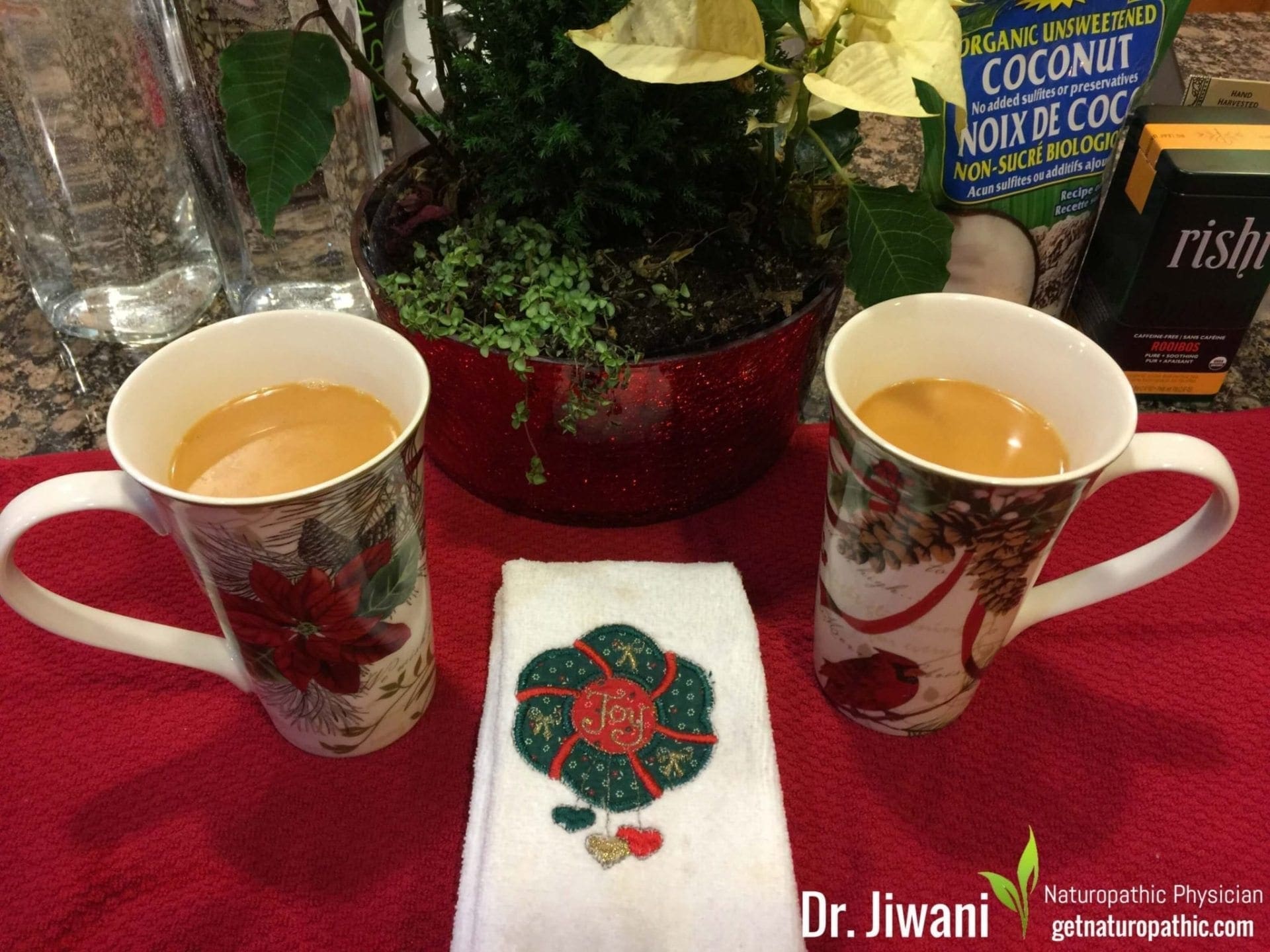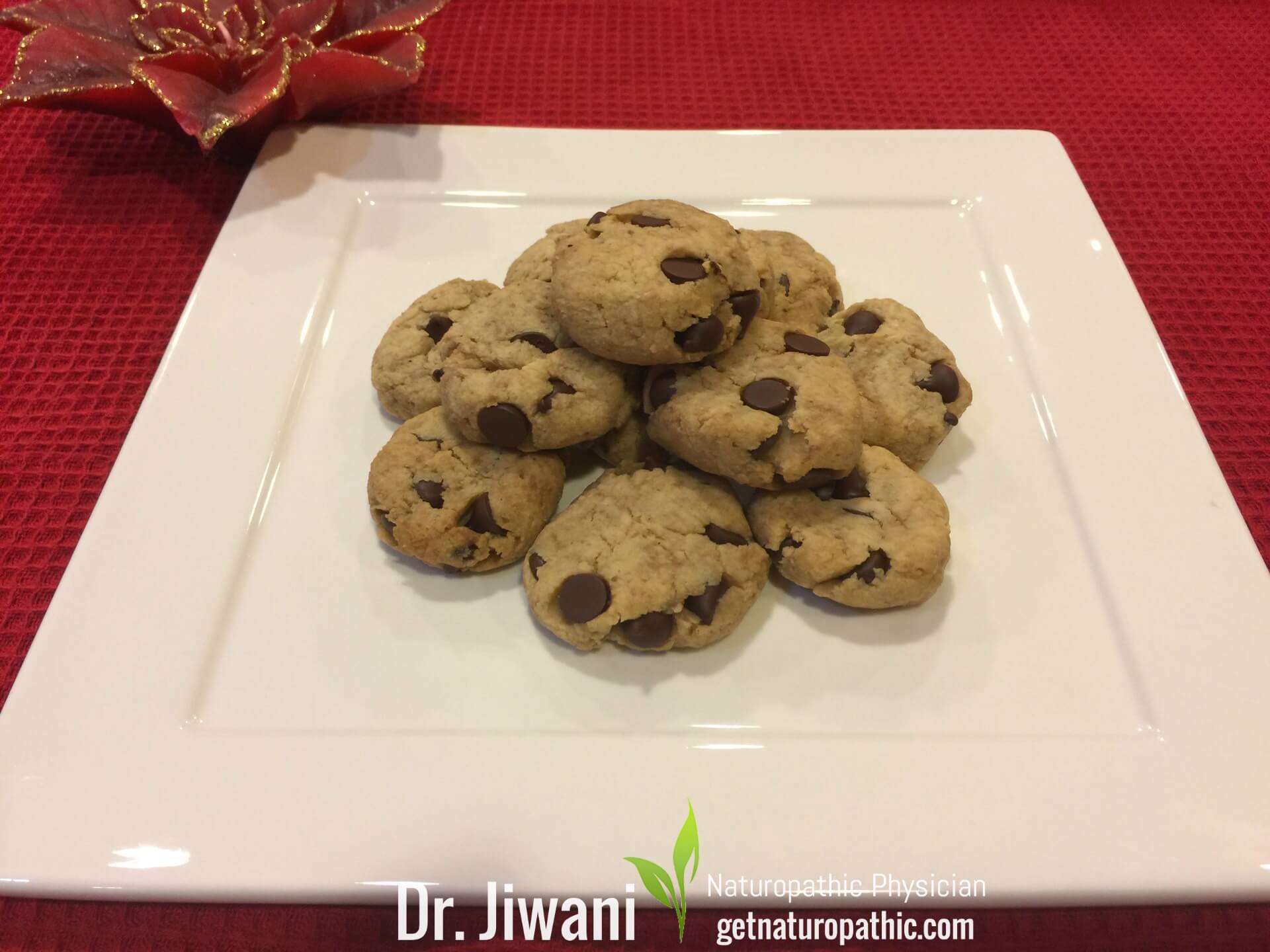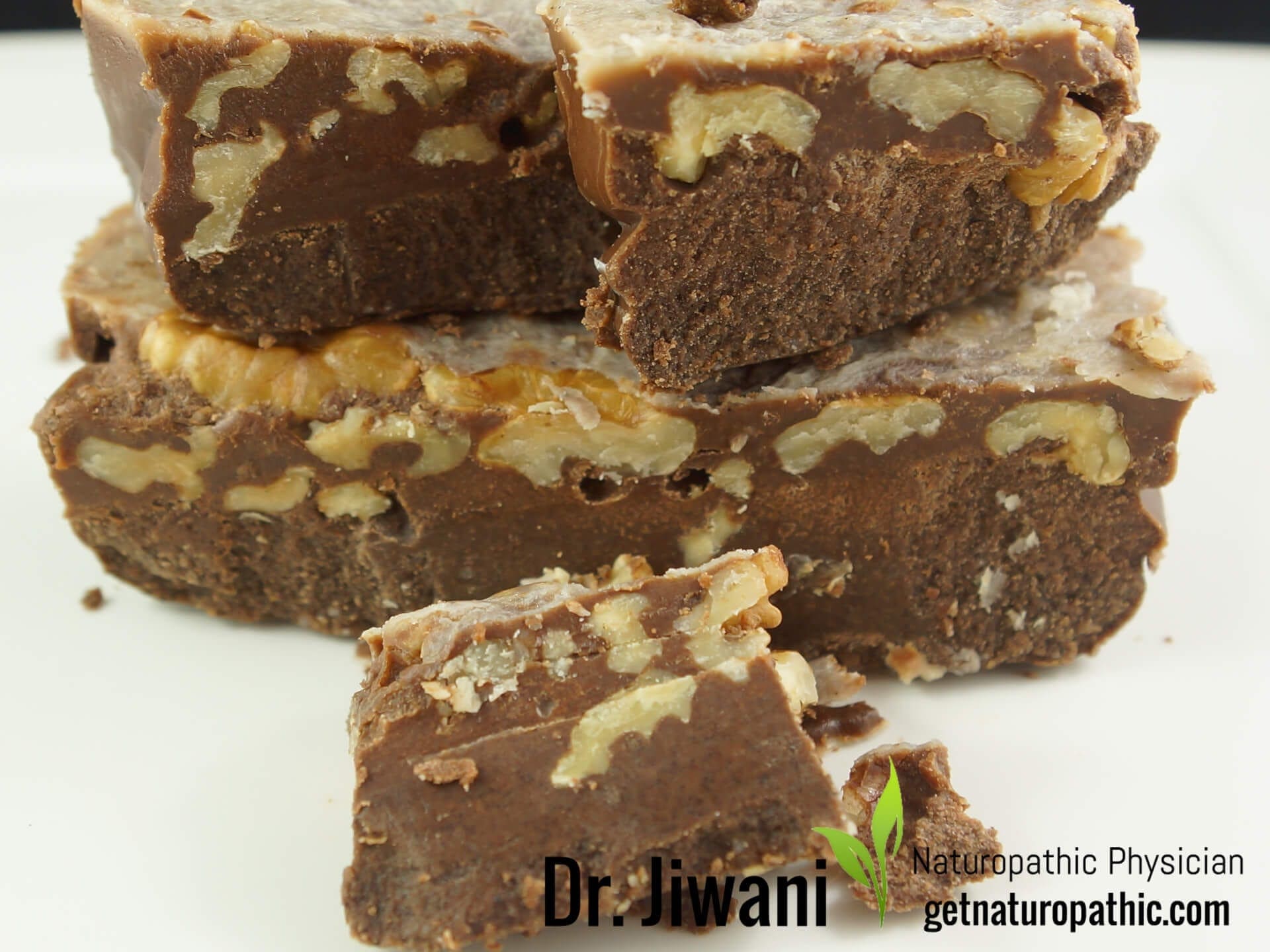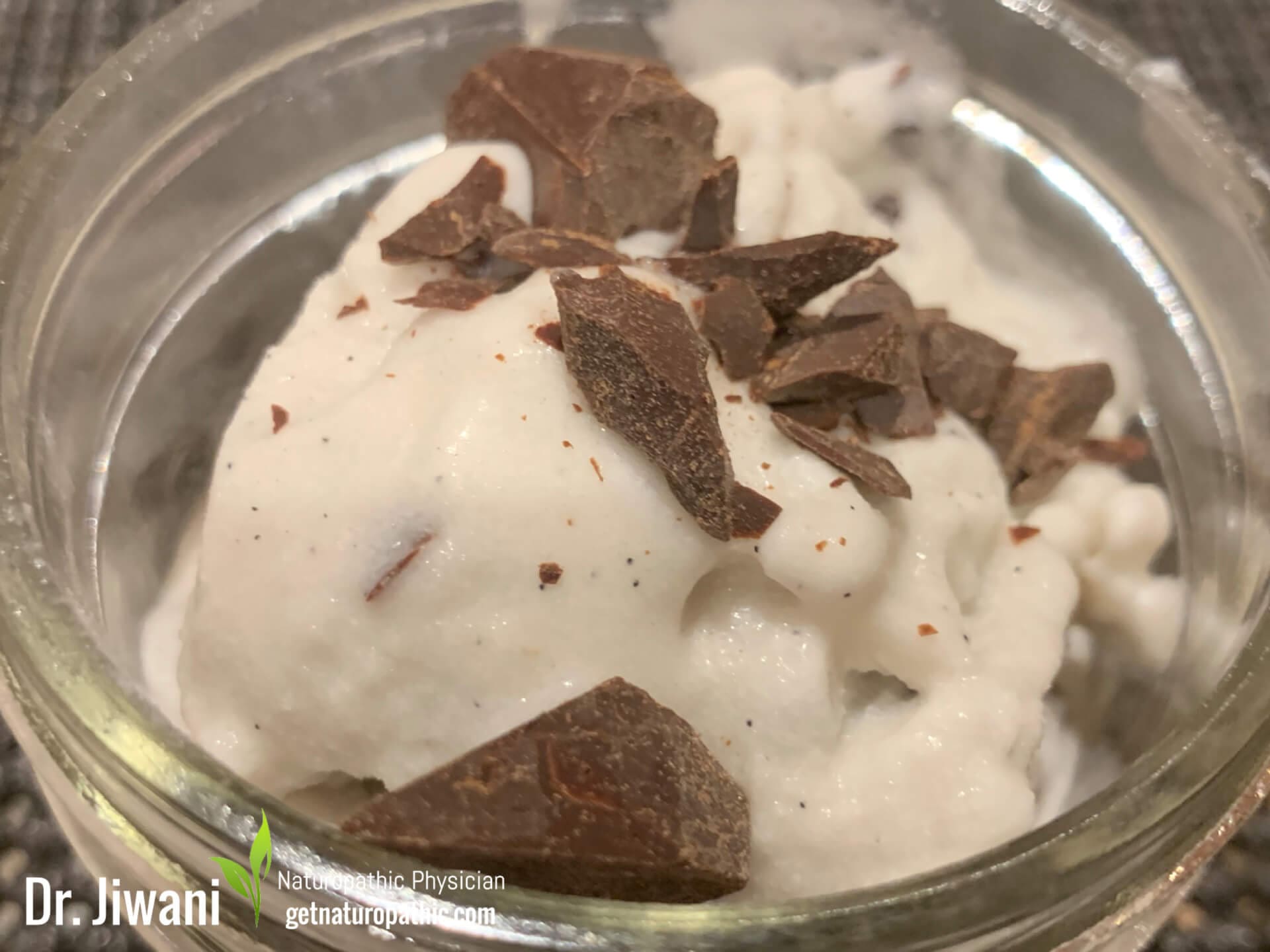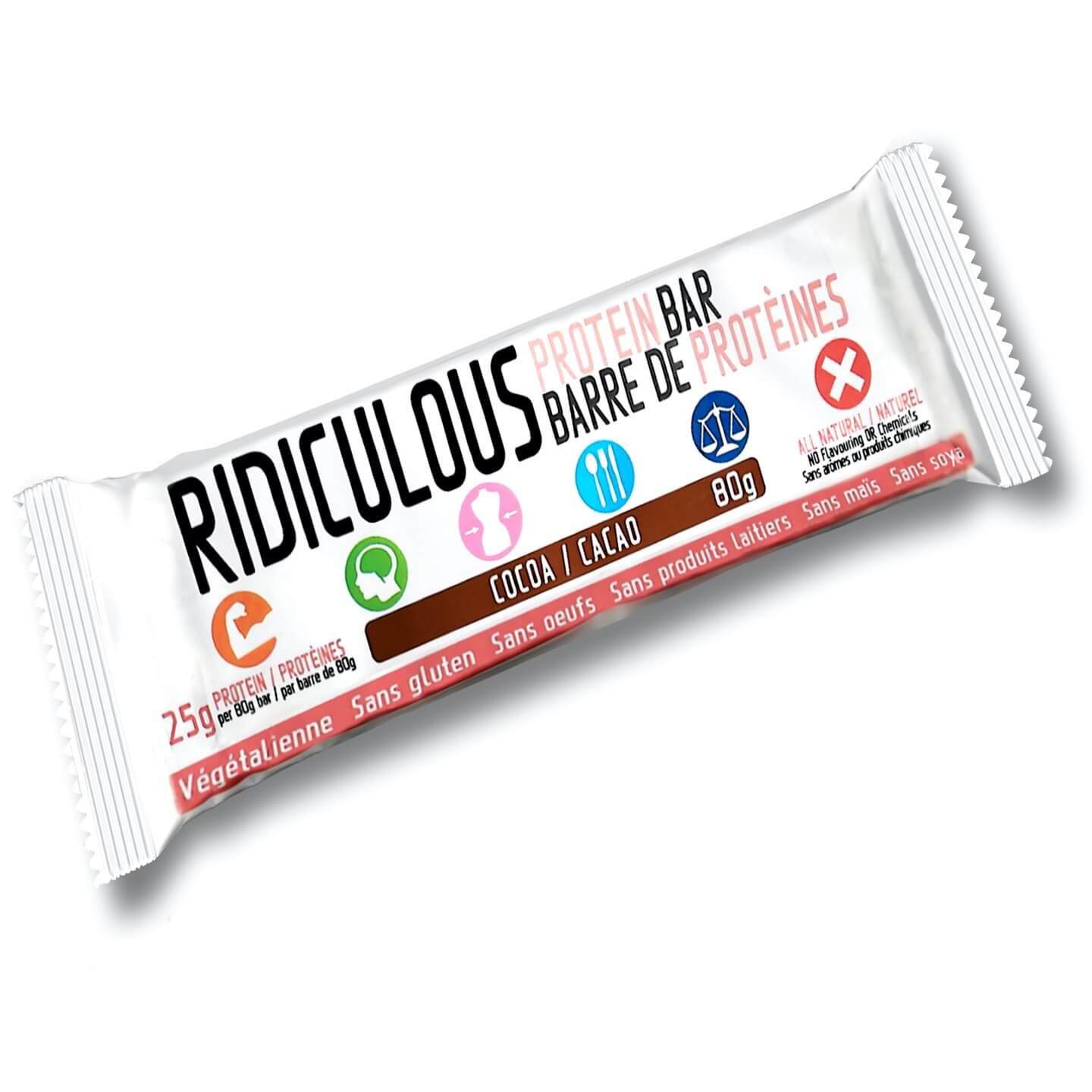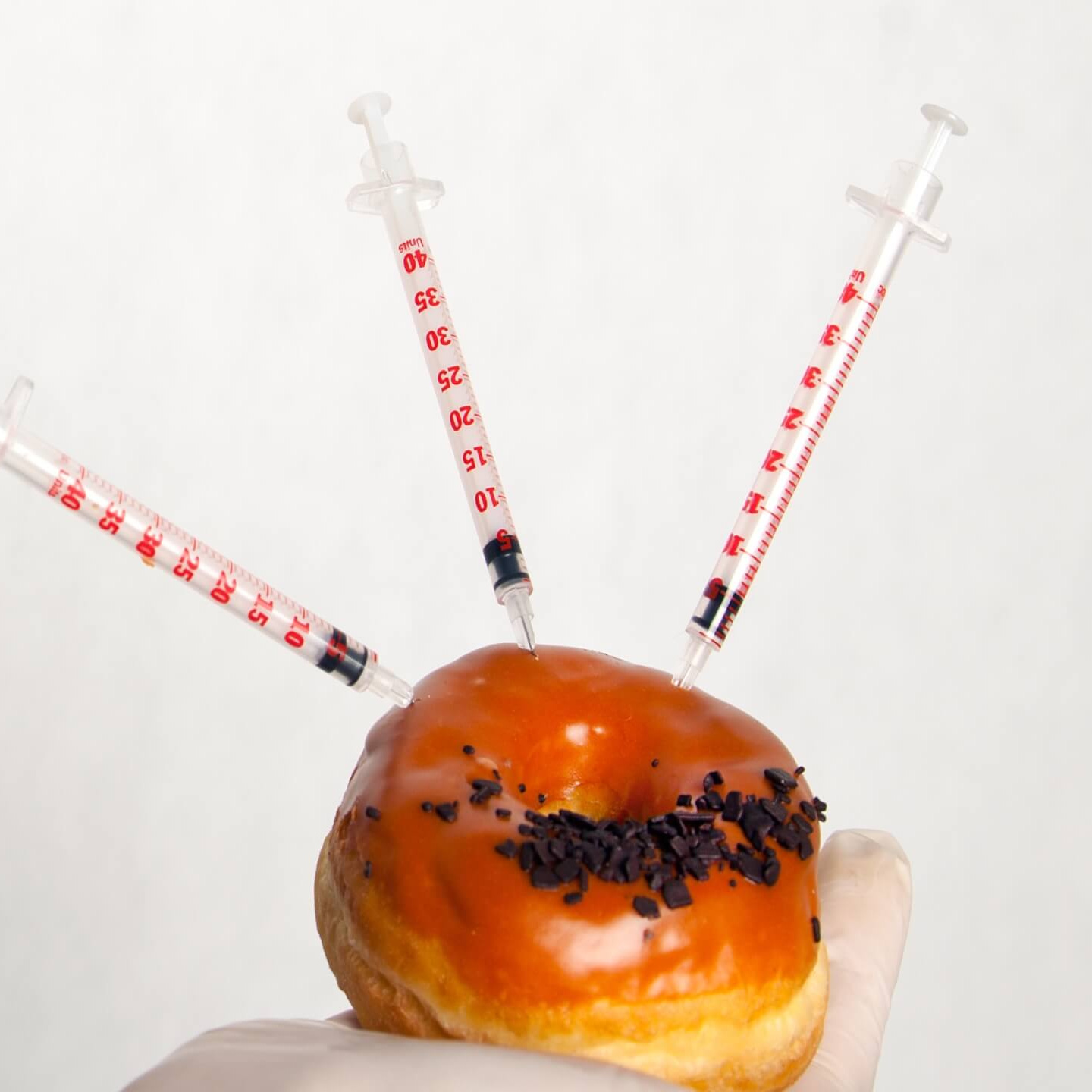Home »
Popular Posts
Artificial Sweeteners: The Link To Weight Gain, Stroke & Dementia
Naturopathic Nuggets about Artificial Sweeteners
- Artificial Sweeteners are so prevalent due to our quest to lose weight by avoiding sugar, calories & carbs
- Health concerns have been linked to all kinds of Artificial Sweeteners, including Aspartame, Acesulfame Potassium (Ace-K), Cyclamate, Saccharin, Sucralose, Neotame, And Alitame
- Artificial Sweeteners have been shown to cause weight gain, sugar addiction & Type 2 Diabetes
- A recent study revealed the use of Artificial Sweeteners increases Stroke & Dementia risk by 300%
- Research highlights that Artificial Sweeteners cause more health issues than sugar
- The toxicity of Artificial Sweeteners may be more dangerous than originally understood
- We may be unknowingly exposed to greater amounts of Artificial Sweeteners than we realize as they are commonly found in thousands of products, from toothpaste & yogurt to protein powders & medicines
- Remember, you can’t cheat the body. Chemical sweeteners can make you fat & sick
- Filtered water is always your best beverage. Use natural sweeteners in moderation.
Eat Sweet, Lose Weight?
Society’s obsession with weight loss, health & sweets has given rise to the vast use of artificial sweeteners over sugar. Sugar toxicity from high fructose corn syrup (HFCS) & refined sugar has been proven to destroy our health through cancer, diabetes & obesity. As a result, chemical sweeteners have become a multi-million dollar global industry infiltrating almost anything remotely sweet in our diets from soda & chewing gum to toothpaste. It seems too good to be true. Can you have the sweetness without the calories and get away with it?
All Artificial Sweeteners Are Created Evil
Most people have heard of the destructive health effects of aspartame. However, they don’t realize that these health concerns apply to all artificial sweeteners including aspartame, acesulfame potassium (Ace-K), cyclamate, saccharin, sucralose, neotame, and alitame. Alarming scientific data have highlighted the detrimental health effects of these artificial sweeteners to be far worse than sugar. Health concerns from these chemicals range from headaches, weight gain & heart disease to stroke, dementia & Alzheimer’s disease.
You Can’t Have It Both Ways; Chemical Sweetness Will Still Make You Fat
Artificial sweeteners have varied hormonal effects that work against weight loss. On a daily basis, artificial sweeteners can worsen your sugar addiction. Studies have found that you will just eat other foods that have the calories you’re missing from artificial sweeteners. In fact, your brain doesn’t get the same pleasure from artificial sweeteners as from sugar, so you seek out more & more sweet to try to achieve this (Swithers 2013). Artificial sweeteners encourage sugar cravings & sugar dependence as the body is trained to like sweet. (Yang 2010). Additionally, foods with artificial sweeteners don’t stimulate insulin. You need insulin to turn sugar into energy. The lack of insulin means that increases in blood sugar cause fat storing & weight gain. The use of artificial sweeteners weakens your digestive responses to food. Overall, these effects show that artificial sweeteners actually encourage weight gain and promote Type 2 Diabetes, metabolic syndrome and heart disease (Swithers 2013).
Stroke & Dementia Risk Increased By 300%
A 2017 study was published by the Stroke journal of the American Heart Association. They found that those patients consuming at least one artificially sweetened beverage per day were 3X more likely to have a Stroke or to suffer from Dementia due to Alzheimer’s disease. This study found that sugar-sweetened beverages did not have the same health effect. The artificial sweeteners used in the study included Aspartame, Saccharin & Acesulfame-K (Pase 2017).
Artificial Sweeteners Cause More Issues Than Sugar
Now research is showing that artificial sweeteners may cause more health concerns than s ugar. Many studies have associated Artificial Sweeteners with the following health concerns:
- Weight Gain
- Diabetes Type 2
- Metabolic Syndrome
- Stroke
- Dementia & Alzheimer’s Disease
- High Blood Pressure & Heart Disease
Artificial Sweeteners May Be Linked To Cancer, Autoimmune & Birth Defects
Research shows conflicting evidence about the link between Artificial Sweeteners and Chronic Fatigue Syndrome, Brain & Bladder Cancers, Lymphomas, Leukemias, Multiple Sclerosis, Lupus, Birth Defects, Autism. Some research shows positive causation (Whitehouse et al. 2008).
Vague Symptoms Of A Potential Poison
Artificial sweeteners may be affecting you if you suffer from fatigue, weakness, dizziness, mood disorders, headaches, migraines, manic depression, nausea, indigestion, sleep problems, memory loss, rashes, joint pain, convulsions & seizures (Whitehouse et al. 2008).
Artificial Sweeteners: Prevalent & Seemingly Safe
The toxicity of Artificial Sweeteners may be more dangerous than originally understood. We may be unknowingly exposed to greater amounts of Artificial Sweeteners than we realize as they are commonly found in thousands of consumable products including:
- Alcoholic Beverages
- Baked Goods & Snack Foods
- Breakfast Cereals
- Chewing Gum, Breath Mints & Candies
- Children’s Chewable Vitamins
- Coffee Beverages & Cocoa Mixes
- Deli Meats
- Diet or “Lite” Juices & Sodas
- Nicotine Gum
- Pharmaceutical Medications
- Protein Powders & Shake Mixes
- Salad Dressings & Sauces
- Tabletop Sweeteners
- Toothpaste & Mouthwash
- Yogurt & Gelatin Desserts
The sugar-free epidemic makes artificial sweeteners so prevalent that it’s hard to find processed products that don’t contain it.
Artificial Sweeteners: A Global Health Issue That You Can Influence
The use of artificial sweeteners is a global epidemic that our knowledge & buying power can change. Already, declining sales of diet soda brands have prompted changes in their recipes. Many now use natural sweeteners combined with alternate artificial sweeteners. In fact, there are even diet sodas that strictly use stevia, the plant sweetener. We must not rest until these chemical sweeteners are eradicated from our food & product supply.
The Skinny On Artificial Sweeteners
It seems very clear that artificial sweeteners are a slow, sweet poison that permeates our diets. The detriment of artificial sweeteners has been well researched to demonstrate a causative effect on weight gain, diabetes, heart disease, stroke, dementia & even possibly cancer. It’s true that you can’t cheat the laws of nature and biology. As a beverage, nothing beats good old fashioned filtered water. There are healthy sugar substitutes to be used in moderation & healthy recipes to use them in. For optimal health, stay away from all forms of artificial sweeteners. After all, you are what you eat!
Related The Bitter & Sweet of Sugar Substitutes: Natural & Low Carb
References
Cohen L, Curhan G, Forman J. Association of sweetened beverage intake with incident hypertension. Journal of general internal medicine. 2012 Sep 1;27(9):1127-34.
Fagherazzi G, Vilier A, Sartorelli DS, Lajous M, Balkau B, Clavel-Chapelon F. Consumption of artificially and sugar-sweetened beverages and incident type 2 diabetes in the Etude Epidémiologique auprès des femmes de la Mutuelle Générale de l’Education Nationale–European Prospective Investigation into Cancer and Nutrition cohort. The American journal of clinical nutrition. 2013 Mar 1;97(3):517-23.
Fowler SP, Williams K, Resendez RG, Hunt KJ, Hazuda HP, Stern MP. Fueling the obesity epidemic? Artificially sweetened beverage use and long‐term weight gain. Obesity. 2008 Aug 1;16(8):1894-900.
Gardener H, Rundek T, Markert M, Wright CB, Elkind MS, Sacco RL. Diet soft drink consumption is associated with an increased risk of vascular events in the Northern Manhattan Study. Journal of general internal medicine. 2012 Sep 1;27(9):1120-6.
Narain A, Kwok CS, Mamas MA. Soft drink intake and the risk of metabolic syndrome: A systematic review and meta‐analysis. International Journal of Clinical Practice. 2017 Jan 1.
Pase MP, Himali JJ, Beiser AS, Aparicio HJ, Satizabal CL, Vasan RS, Seshadri S, Jacques PF. Sugar-and Artificially Sweetened Beverages and the Risks of Incident Stroke and Dementia. Stroke. 2017 Jan 1:STROKEAHA-116.
Swithers SE. Artificial sweeteners produce the counterintuitive effect of inducing metabolic derangements. Trends in Endocrinology & Metabolism. 2013 Sep 30;24(9):431-41.
Whitehouse CR, Boullata J, McCauley LA. The potential toxicity of artificial sweeteners. Aaohn Journal. 2008 Jun;56(6):251-61.
Yang Q. Gain weight by “going diet?” Artificial sweeteners and the neurobiology of sugar cravings. Yale J Biol Med. 2010 Jun;83(2):101-8.
This information is for educational purposes only and does not advocate self-diagnosis. Due to individual variability, consultation with a licensed health professional, such as a licensed naturopathic physician is highly recommended, prior to starting a natural treatment plan. For further information, see Terms of our Website.
Follow Dr. Jiwani
Popular Posts


